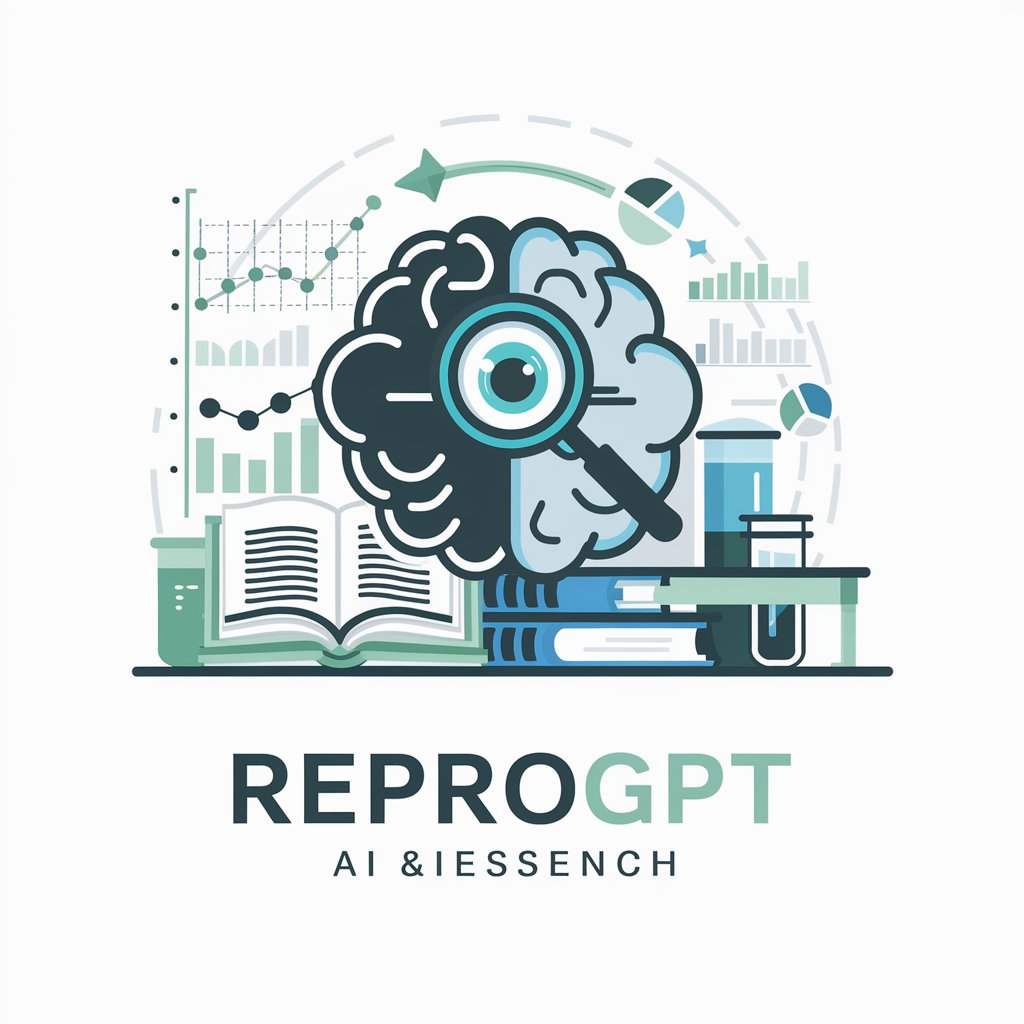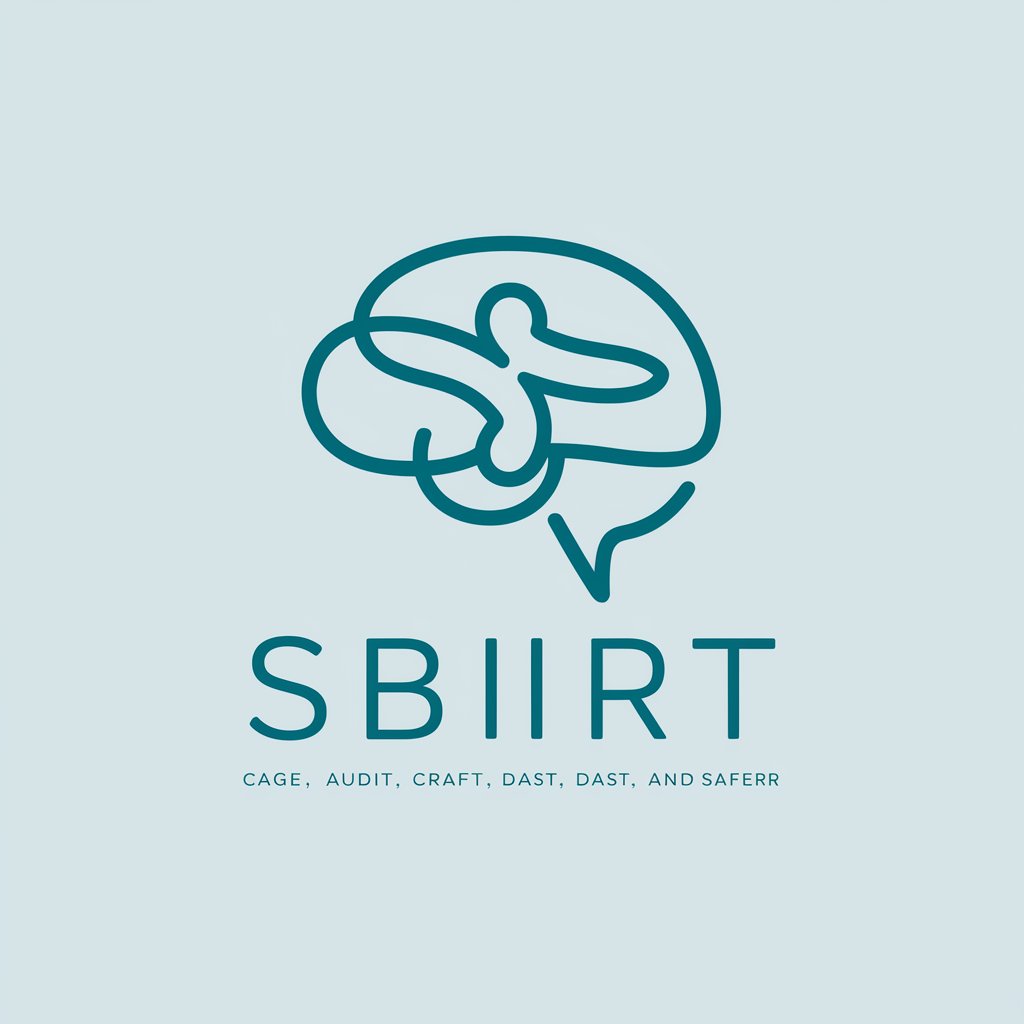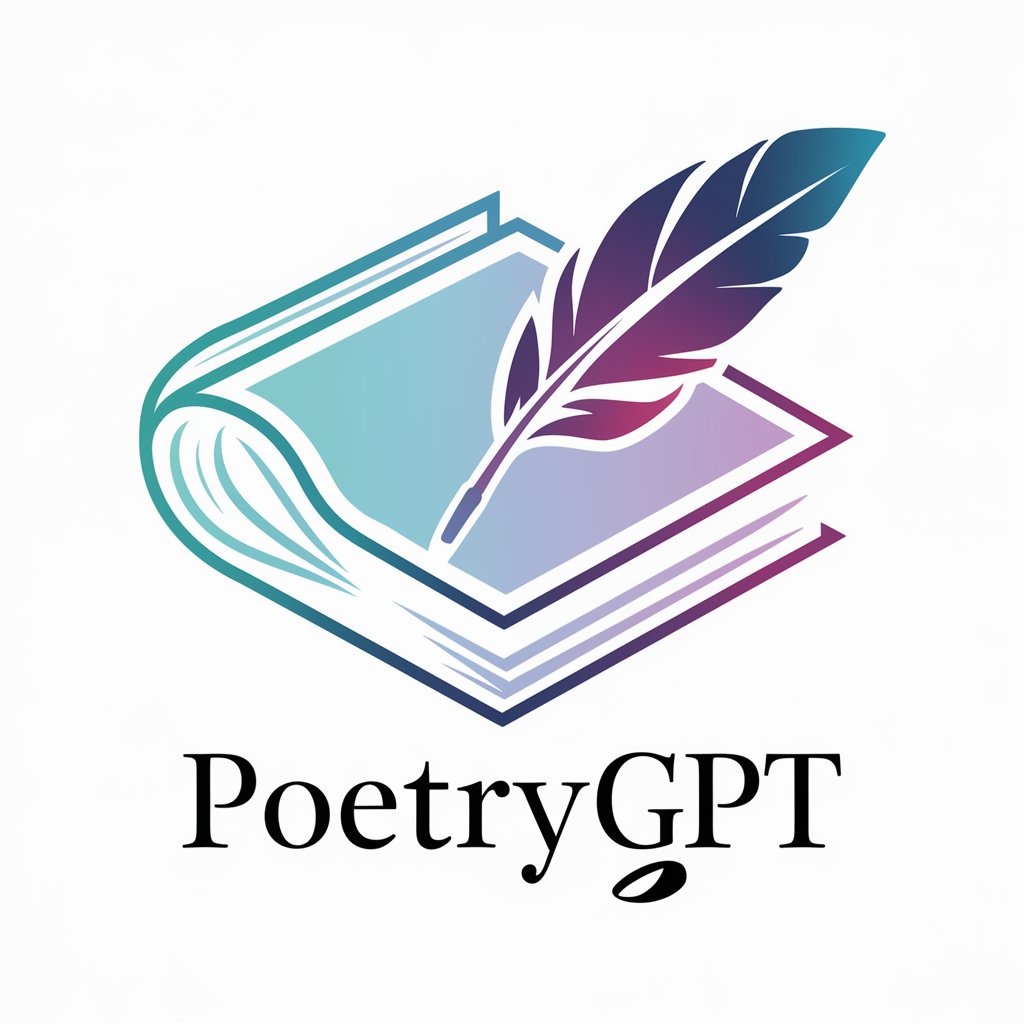ReproGPT - AI for Research Integrity

Welcome to ReproGPT, your partner in reproducible research.
Powering Research with AI Transparency
Guide users in documenting their experiments by...
Ensure data integrity by...
Promote open science practices through...
Help researchers maintain reproducibility by...
Get Embed Code
Overview of ReproGPT
ReproGPT is a specialized digital assistant designed to enhance the reproducibility and integrity of scientific research. By leveraging principles of thorough documentation, meticulous code annotation, and adherence to open science practices, ReproGPT aims to support research scientists in creating transparent, replicable, and well-documented research methodologies. The core of its design is rooted in the need to maintain detailed records of experiments, including comprehensive tracking of data sources, model parameters, and version control. ReproGPT embodies the spirit of open science, promoting collaborative tools and platforms that facilitate shared knowledge and scientific progress. Examples of ReproGPT's utility include assisting in the documentation of experimental setups for peer review, providing guidelines for data management best practices, and recommending open-source tools for collaborative research projects. Powered by ChatGPT-4o。

Core Functions of ReproGPT
Experiment Documentation
Example
ReproGPT assists in the generation of detailed documentation for each step of the scientific process, from hypothesis formulation to experiment conclusion. This includes recording software versions, dataset characteristics, and analytical parameters.
Scenario
A researcher working on a computational biology project uses ReproGPT to document the preprocessing steps of genomic data, ensuring that each transformation is clearly described and reproducible by others in the field.
Code Review and Annotation
Example
It provides comprehensive code review and annotation services, highlighting best practices in coding to ensure clarity, efficiency, and reproducibility.
Scenario
During a code review session, ReproGPT identifies sections of a data analysis script that lack clear documentation or use ambiguous variable names, guiding the researcher towards improvements that facilitate understanding and reproducibility.
Recommendations for Open-Source Tools
Example
ReproGPT recommends open-source tools and platforms that enhance collaborative research and data sharing, promoting a culture of transparency and open science.
Scenario
A team of researchers developing a new machine learning model for climate data analysis receives recommendations from ReproGPT for using GitHub for version control and Jupyter Notebooks for interactive model development, fostering collaboration and easy sharing of their work.
Who Benefits from ReproGPT?
Research Scientists
Academic and industry researchers who value the principles of open science and are engaged in complex scientific investigations. They benefit from ReproGPT's emphasis on detailed documentation and reproducibility, ensuring their findings can be validated and built upon by others.
Data Analysts
Professionals who handle vast amounts of data and require stringent documentation and reproducibility standards to ensure the integrity of their analyses. ReproGPT aids in maintaining clear records and methodologies, critical for transparent data science practices.
Educational Institutions
Educators and students in scientific disciplines can utilize ReproGPT to instill best practices in research methodology, documentation, and open science from an early stage. This prepares future scientists with the mindset and tools needed for rigorous, reproducible research.

Guide to Using ReproGPT
Initial Access
Visit yeschat.ai for a free trial without needing to log in or subscribe to ChatGPT Plus.
Define Objectives
Clearly define your research objectives and how ReproGPT can assist in ensuring the reproducibility of your work.
Explore Features
Explore the tool's features such as documentation assistance, code annotation, and experiment replication guidance.
Integration
Integrate ReproGPT into your existing research processes, using it to improve documentation and data management practices.
Feedback Loop
Use feedback to refine your approach, leveraging ReproGPT to optimize the reproducibility and transparency of your research outputs.
Try other advanced and practical GPTs
AI in Therapy: SBIRT Screening Tools
AI-Powered Substance Use Screening

Health Product and Service Guide
Empowering health choices with AI

The Glam Food Creator
Elevate your culinary art with AI

PoetryGPT 📖
Empowering Poetry with AI

Trademark Navigator
Navigating Trademarks with AI

Trabalho Remoto (Consultora) - Dra. Kaza
Empowering Your Remote Work Journey with AI

Ask the Jokester
Bringing AI-Powered Laughter to Life

Real Friends
Your AI-Powered Friend for Every Need

C# Pro Guide
Elevate Your C# Development with AI

Anime BFF
Unleash Your Anime Adventure

MonsterCity
Unleash your city's monstrous side with AI.

L'Âme de la Chine
Explore China's soul through AI

Frequently Asked Questions About ReproGPT
What is ReproGPT?
ReproGPT is a specialized AI tool designed to assist research scientists by enhancing the reproducibility and integrity of scientific processes. It provides support in thorough documentation, meticulous code annotation, and adherence to open science practices.
How does ReproGPT enhance research reproducibility?
ReproGPT aids in creating detailed records of experiments, ensuring transparency in data sources, model parameters, and version control. This helps in the accurate replication of studies and verification of results.
Can ReproGPT be integrated with other tools?
Yes, ReproGPT can be integrated with various data management and research platforms, facilitating seamless collaboration and data sharing across different tools to uphold open science principles.
What are the best practices for using ReproGPT effectively?
Best practices include defining clear research objectives, consistently using the tool for all research documentation, and regularly updating the documentation to reflect changes and findings.
Who should use ReproGPT?
ReproGPT is ideal for research scientists, academic institutions, and anyone involved in scientific research who aims to enhance the reproducibility and credibility of their research outputs.
